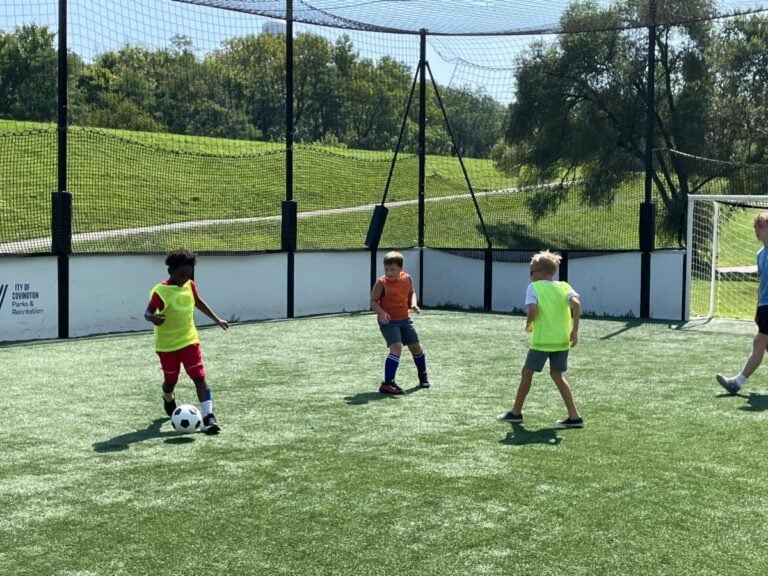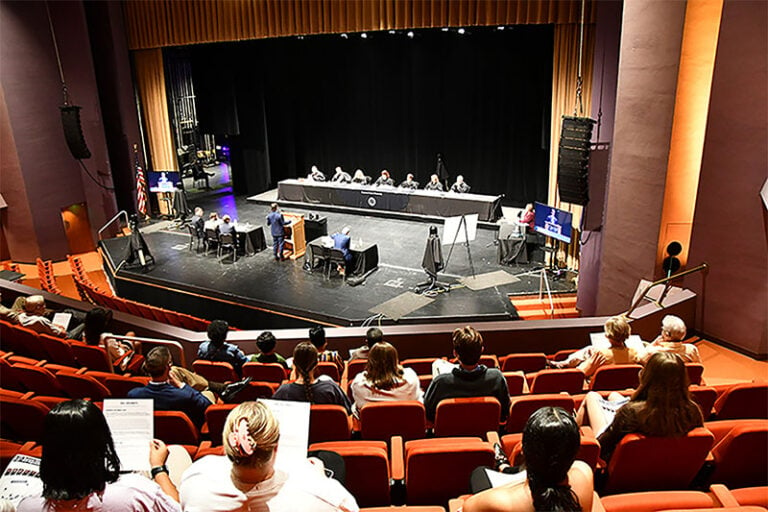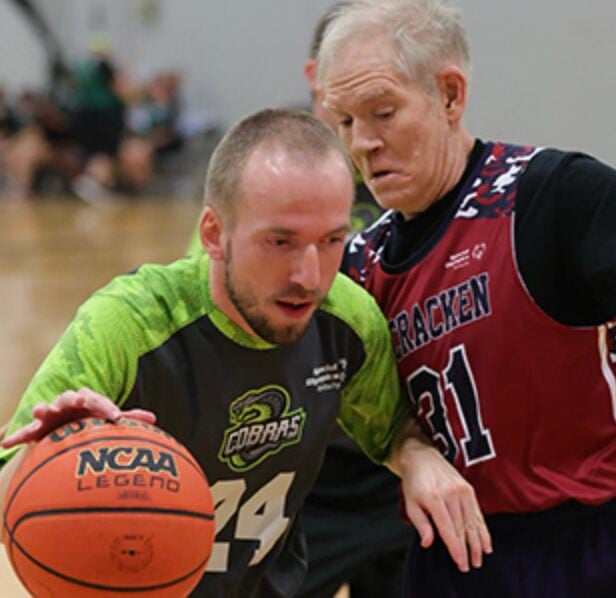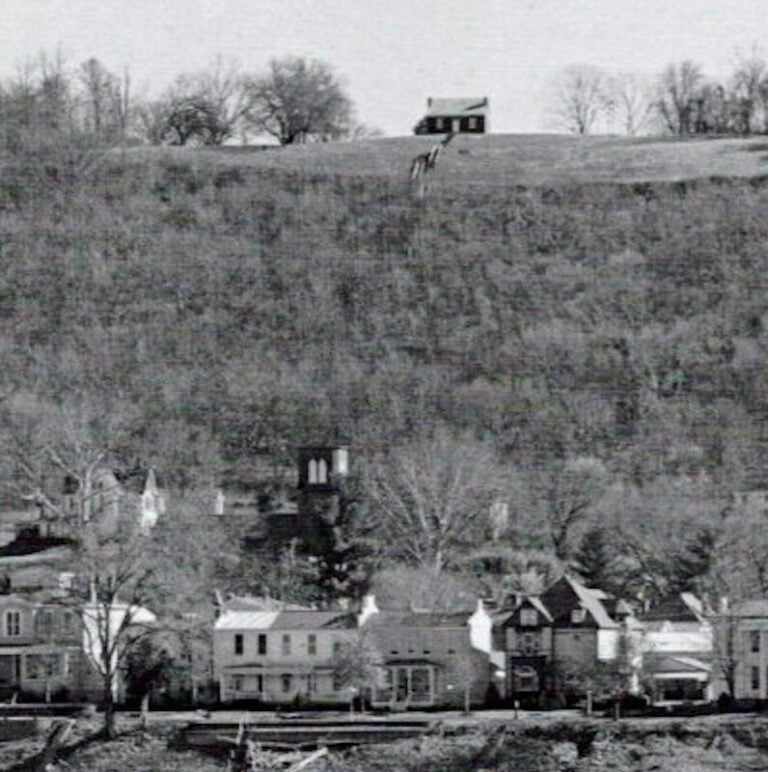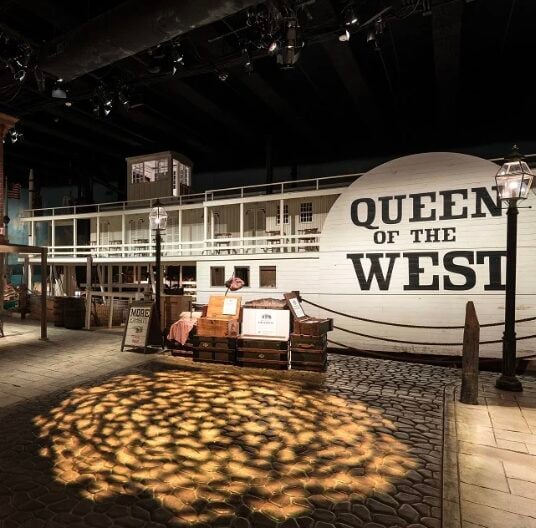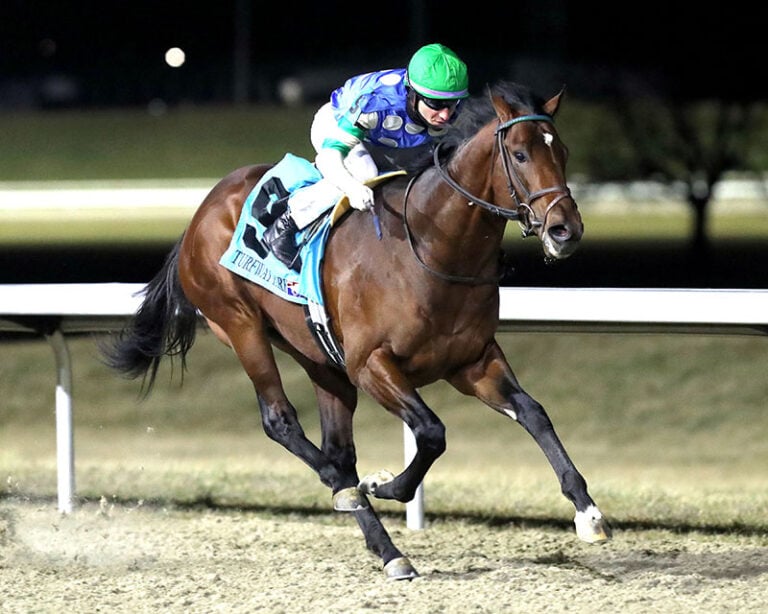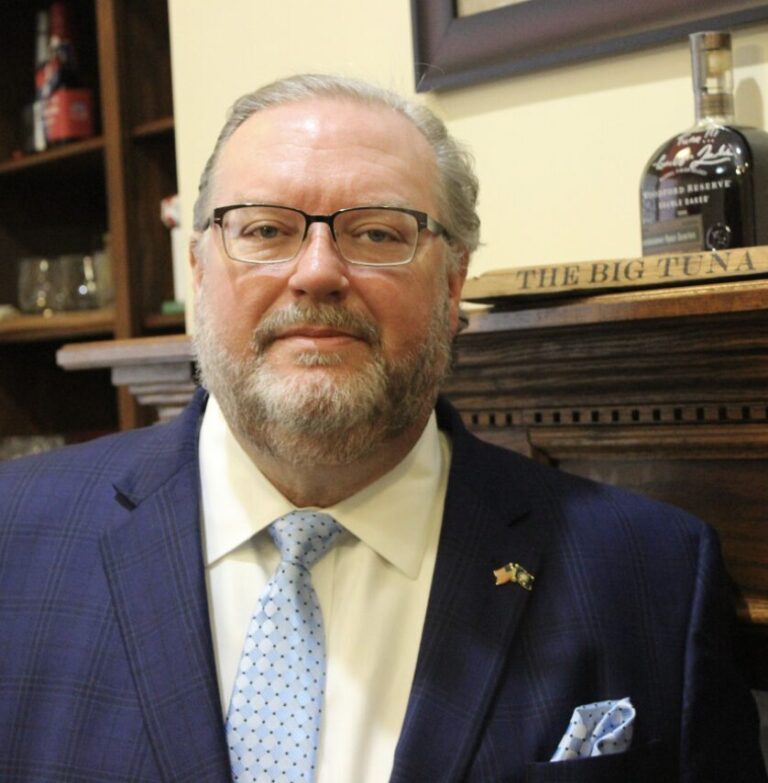By Dee Davis
Special to NKyTribune
“My husband, when he was sick, he asked us to not let them. And you know we are going to respect that wish, ain’t we? What kind of people would we be if we didn’t?”
— Elizabeth Wooten in the documentary, On Our Own Land
In 1989 Appalshop Films won the Alfred I. DuPont-Columbia University Award for broadcast journalism. The prize was for a public television documentary, On Our Own Land, about the practice of strip mining coal under the authority of deeds written before strip mining coal was invented. Local landowners had little or no recourse in the courts.
Anne Lewis produced and directed the program, and I was the executive producer, meaning I helped raise the money and talked to people when there was trouble. A lot of talented folks worked on the show. In New York they gave us a silver baton with an engraved quotation about television that was once spoken by newsman Edward R. Murrow: “This instrument can teach, it can illuminate; yes, and even it can inspire. But it can do so only to the extent that humans are determined to use it to those ends. Otherwise, it’s nothing but wires and lights in a box.”
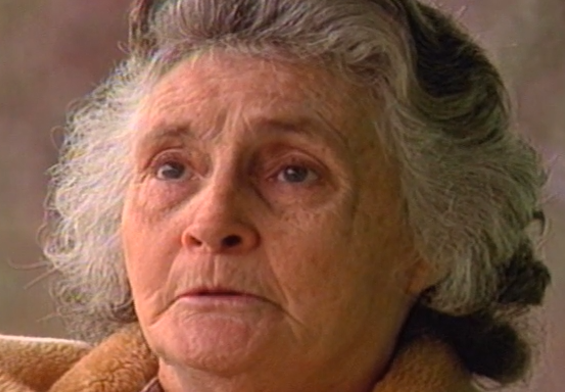
The true star of the documentary was Elizabeth Wooten. She could illuminate and inspire. Elizabeth died last week at 91. She was from Bulan, Kentucky, what people might call a wide spot in the road. And, full disclosure, she was my babysitter for a while when I was growing up, meaning that she worked as a maid in my home. She ironed clothes, kept house, stopped my brother and me from maiming each other while the parents were at work. Our family was not well-off. You did not need to be to have help. My dad made a hundred dollars a week at the furniture store, my mom far less as an assistant lab technician at the hospital. Mrs. Wooten made far less than that. In the 1960s, maybe $20 a week, less than a buck an hour.
Her husband died in the 1980s. She buried him on their hillside near the number-five coal seam and became the breadwinner. When the coal company came to mine her land without consent, Mrs. Wooten had to petition the court to waive filing fees, an option reserved for the indigent, according to her attorney, Joe Childers. Her outside income would not have been enough to show self-sufficiency, though she and the kids made do. They helped each other and put out a big garden every year, value that would not show up on a ledger.
She explains in the video, “They tried to establish me a pauper in the courts. Maybe they think I’m a pauper. Lawyer asked me if I knew what the word pauper meant, of all things, in the court. You know that’s almost degrading you. I said, ‘I will beat you, and I don’t have to have money.’ ” And she was right. Elizabeth Wooten and her kids stood their ground. Kentucky’s environmentalists, including the advocacy group Kentuckians for the Commonwealth, got behind her. And they found her a good lawyer.
In 1988 the Kentucky voters outlawed broad-form deed strip mines by plebiscite, an overwhelming 82 percent for the ban. Voices like Mrs. Wooten’s had gotten through. It was the third time the General Assembly had tried to eliminate the practice, but this time they changed the state constitution and thereby kept the courts out of the conversation.
From that point forward, coal companies would have to pay if they wanted to strip mine someone’s land. And, spoiler alert, they did just that: 25 more years of mining vast stretches of wilderness – sometimes carving out flat spots for hilltop strip malls or house seats, sometimes pushing overburden down the mountains to fill valleys and streams, but most often contributing to hundreds of linear miles of promised industrial parks and economic prosperity, promises that will never be anything more than empty. Another version of wires and lights in a box.
Mrs. Wooten found her own way. “I don’t see dollar signs,” she said. “I could use the money, sure, but I’ll get by. My land’s still like it was.”
Elizabeth Wooten – A Fighter for East Kentucky's Land & People from Appalshop CMI on Vimeo.
Dee Davis is publisher of the Daily Yonder, where this story originally appeared. He is also president of the Center for Rural Strategies.









